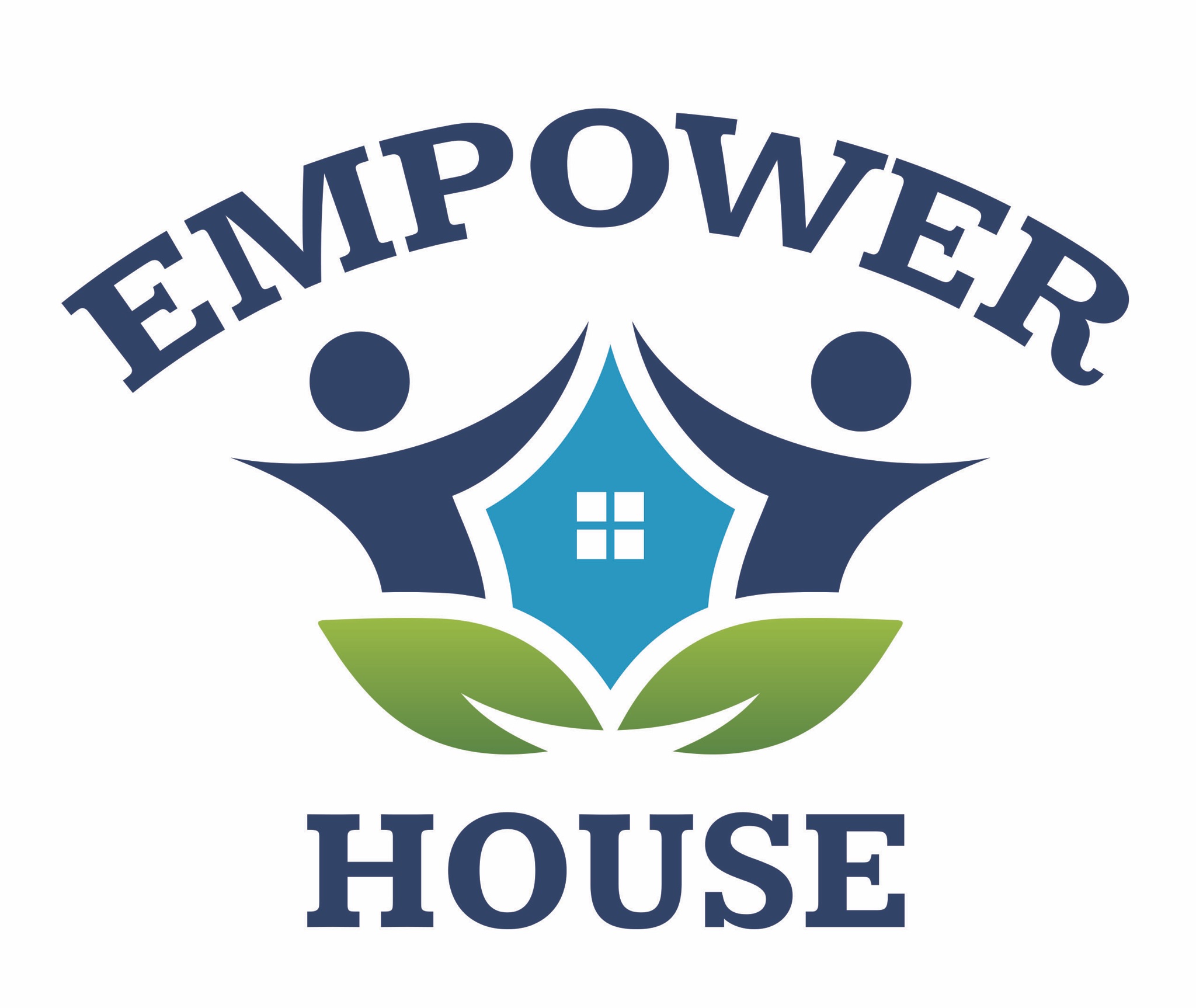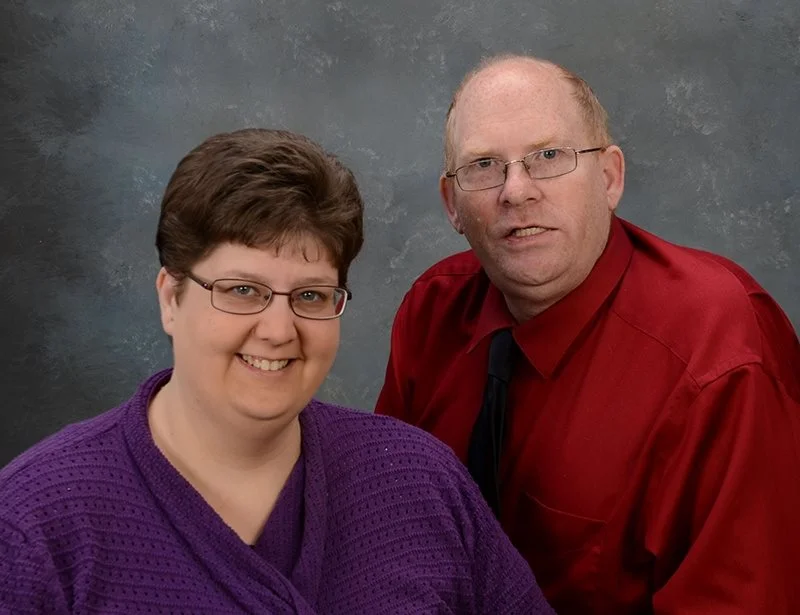Boyd Family- Why we need this clubhouse
Why a brain injury clubhouse, from the perspective of a family living with brain injury
To give some background, on January 1, 2011, my husband, Bob, was diagnosed in an emergency situation with a brain tumor the size of a fist in the center of his brain. He was rushed to the University of Iowa Hospitals and Clinics for emergency surgery that night and five days later had a full nine-hour surgery to remove the tumor. We have had quite the journey over the last eight years; seizures, two more brain tumors, radiation and approximately two years ago, an official diagnosis of dementia resulting from the damage to his brain over time and to this day, still visits to the University of Iowa Hospitals to check for reoccurrence. Back in January of 2011, besides the trauma of the surgery, Bob’s brain was swollen for nearly three weeks post-surgery resulting in significant brain injury. He had to relearn all functioning, from sitting up, to eating, walking, talking, you name it, he had to relearn it. He used inpatient and outpatient therapy for six months until our insurance ran out. His rebuilding process was not over, but it officially was over for the insurance. This meant it was our responsibility as his family to continue what we could at home. As a caregiver, it was a time of feeling lost, extreme confusion and frustration with the lack of resources to help continue his recovery and continue the rebuilding. I remember people asking, “What are you going to do now?” My response was, “I don’t know.” It was a simple answer, but it was the truth. It seemed there wasn’t an answer, even our neurologists and therapists couldn’t find resources for us. I attended caregiver conferences, read online blogs, researched books, anything to find a way to help my husband. We have done what we could. Currently, my husband is in adult day care, as through this whole process, I have had to continue to work full-time, caregive for my husband and still raise my family of five. Right now, there is an extreme gap in our community for those who have suffered from brain injury. The resources and community environment post-rehab are not there for those who are functioning enough to be able to maintain skills and the desire to still want to be purposeful.
If I could go back in time, I wish there would have been a place like Empower House after my husband’s brain tumor and brain injury. Our struggles would have been less, we wouldn’t have felt so isolated in our quest to try and give Bob a meaningful life after brain injury. But, we have the opportunity now and the chance to provide this for families like us in the future. You never know when and if this might happen to you or a loved one. We never thought this would happen to us. It is time to give folks with brain injuries in our community and surrounding areas a place to continue living the best life they can.
There are two real points I’d like to touch on given our experience over the years in learning to cope with brain injury in the family.
First, these people are worth it. They have survived brain tumors, brain aneurysms, stroke, horrific accidents and much more. They have endured and they were saved because their purpose on this earth was not done. They are fighters who have come back from extreme circumstances and made it. My husband suffered from depression due to feeling as though he had lost his purpose. These people are not meant to be forgotten in the shadows. My husband is not meant to be forgotten in the shadows. Survivors’ families believe they are worth it. Their children, spouses, siblings and parents believe they are worth it. Friends believe they are worth it. Extended family believe they are worth it. Their doctors believe they are worth it. Let’s give these folks a place where they can believe they are worth it. Let’s give them a meaningful life with purpose again.
Second, we were told this statement many years ago and it’s going to seem harsh, “Learning to live with a brain tumor, means learning how to die with a brain tumor.” This is a strong statement, but true. The quote doesn’t necessarily mean physical death. It means, you must learn to cope with several continuing losses; the loss of a job; the loss of independence; for some, the loss of being able to drive; the loss of being able to take care of your family; the loss of being able to take care of yourself; the loss of friends who find it awkward or difficult; the loss of being part of community involvement; the loss of social interaction, the continual loss of functioning and memory. The list goes on and on, the amount of loss can be overwhelming for everyone surrounding the brain-injured person. You get to a point as a caregiver, that your genuine goal is to give the person you are caring for the best life you can give them on a daily basis. You have to start making quality of life decisions for this person continually. It is difficult and caregivers can not do this alone. We need help to give our loved ones the best quality of life we can give them with what they have remaining in their life. They deserve the most fulfilling life they can have, just like you and me. Again, they are worth it.
Sincerely, with hope and faith,
Bob and Sheila Boyd and family
LeClaire, Iowa

